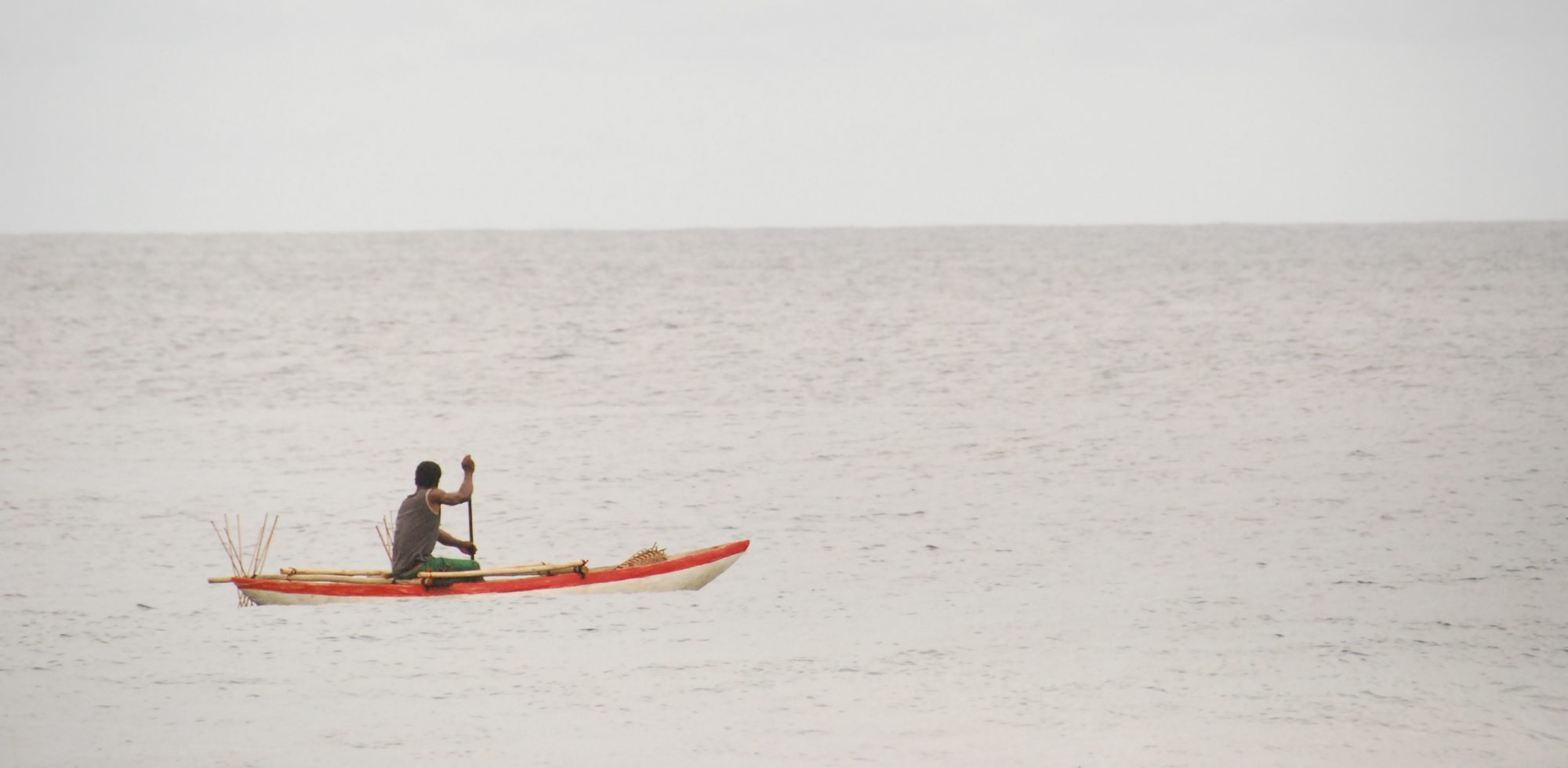Current staff
E-mail: maarit.forde(at)helsinki.fi tel +358(0)504762124 Unioninkatu 35, room 321 Mailing address: PO Box 18 00014 University of Helsinki Finland
Maarit Forde has been teaching at the University of Helsinki since 2022. She was a Senior Lecturer at the University of the West Indies in 2009-2020 and a Research Associate at Newcastle University in 2007-2009. Maarit’s anthropological interests revolve around politics, inequality, religion, health, migration, and colonialism, and she develops multimodal and decolonial methods in her teaching. Maarit has conducted ethnographic fieldwork in the Caribbean and its diaspora since 1996. Her publications include Passages and Afterworlds: Anthropological Perspectives on Death in the Caribbean (Duke University Press, 2018) and Obeah and Other Powers: The Politics of Caribbean Religion and Healing (Duke University Press, 2012). Maarit’s current project investigates politics in an impoverished neighbourhood in Port of Spain and she is the PI in the project ‘Imagining Futures in the Margins of the State: Everyday Politics in Urban Communities in Trinidad and Zimbabwe’, funded by the Kone Foundation (2024-2026).
Lecturer
E-mail: marianna.keisalo(at)helsinki.fi
Unioninkatu 35; Room 323
P.O. Box 18
FI-00014 University of Helsinki
Marianna Keisalo received a PhD in Social and Cultural Anthropology at the University of Helsinki in 2011. She worked as a post-doctoral researcher at Aarhus University 2016-2018.
Marianna’s research focuses on the semiotics of comedic performance. She has done ethnographic research on ritual clowning in Northern Mexico and stand-up comedy in Finland. She also performs stand-up herself. Her research analyses how humor is created and interpreted, and what meanings and efficacy comedy has within broader cultural and social contexts.
Professor
E-mail: sarah.green(at)helsinki.fi
tel +358 2941 23009
Unioninkatu 35; Room 318
P.O. Box 18
FI-00014 University of Helsinki
Sarah Green has been a professor at the University of Helsinki since 2012. She currently specializes on the anthropology of location and borders, particularly in the Mediterranean region, with a specialism in the Aegean, Greece and the Greek-Albanian border areas. She particularly studies the significance of where people are located, rather than who or what they are. Over the years, and working with a team of colleagues, she has been developing a different way of thinking about location called ’crosslocations’ (see www.crosslocations.org).
Most recently, she has been working on how livestock, wild animals and infectious diseases are both transported and tracked across borders. She is currently writing a book about that topic, and has already published some articles on the subject (e.g. Green, S. 2022. ‘The Bioeconomics of Domesticating Zoonoses.’ Cultural Anthropology 37 (1): 30–36. https://doi.org/10.14506/ca37.1.05. Green, S. 2022. ‘The Hedgehog from Jordan: or, how to locate the movement of wild animals in a partially Mediterranean context.’ In Joseph Viscomi & Carl Rommel, (eds), Locating the Mediterranean: Connections and Separations across Time and Space, Helsinki: Helsinki University Press. https://doi.org/10.33134/HUP-18-9 .)
In terms of books, she is author of Notes from the Balkans (Princeton University Press, 2005), Urban Amazons (Macmillan and St Martins Press, 1997), and joint author of Borderwork (JaSilti 2013) with Lena Malm (photography; additional written contributions by Robin Harper and Markus Drake). She is also co-author of a forthcoming book entitled Crosslocations, which has been jointly written by seven researchers: Sarah Green, Samuli Lähteenaho, Phaedra Douzina-Bakalaki, Carl Rommel, Joseph Viscomi, Laia Soto Bermant, and Patricia Scalco.
Senior Lecturer
Head of discipline
E-mail: toomas.gross(at)helsinki.fi
tel +358 2941 23085
Unioninkatu 35; Room 320
P.O. Box 18
FI-00014 University of Helsinki
Toomas Gross received his PhD from the University of Cambridge in 2001. He worked as a postdoctoral research fellow at the University of California, San Diego in 2001-02, and joined the faculty at the University of Helsinki in 2003.
Toomas has done fieldwork in Southern Mexico, focusing mainly on religious change, Protestant-Catholic relations, and religious conversion, but also on tourism and folk medical beliefs. He is currently the PI of the project “The Role of Religion in Contemporary Ethical Self-Making”, which is a comparative ethnographic study of the techniques of ethical self-fashioning, with a specific focus on how religion intervenes in the constitution of ethics in secular public life, how it contributes to forging ethical subjects, and how it comes to underlie the values and actions that signify exemplary, good life. The project is funded by the Kone Foundation (2019-2024).
Toomas’s other ongoing research focuses on the topics of recreational long-distance running, pain, body, social class, and exercise addiction.
University of Helsinki Research Portal
Senior Lecturer
Email: tuulikki.pietila(a)helsinki.fi
tel +358 2941 22645
Tuulikki Pietilä has studied several topics mostly in Africa, with a general interest in the various sociocultural processes that take place when ‘regimes of value’ of divergent origins and power meet.
In Kilimanjaro, Tanzania she has investigated women’s trading activities and everyday gossip: Gossip, Markets, and Gender: How Dialogue Constructs Moral Value in Post-Socialist Kilimanjaro (University of Wisconsin Press, 2007). The book was awarded the Aidoo-Snyder prize by the African Studies Association of the United States in 2009.
In South Africa she has investigated ideas of ownership and authorship as well as ways of arranging creative work in the music industry: Contracts, Patronage and Mediation: The Articulation of Global and Local in the South African Recording Industry (Palgrave Macmillan, 2015). As part of this research, she studied youth music styles popular in South Africa at the time, such as kwaito and hip hop. Furthermore, she studied production and value chains of ‘world music’ of African origins in Europe.
Currently she examines fashion designers’ work in Johannesburg as well as competing claims of entitlement to ‘heritage’ items.
See more on Helsinki University Research portal
On leave
Professor
Email: timo.kaartinen(at)helsinki.fi
tel +358 2941 22638
Timo Kaartinen has taught anthropology at the University of Helsinki since 2001, the year of his PhD from the University of Chicago. Prior to his appointment as professor in 2016 he worked for two years at the Helsinki Collegium for Advanced Studies (2014-2016). He is a sociocultural anthropologist with an interest in the language, stories, and social forms through which people deal with uncertainty and change.
In his present research, Kaartinen explores the ideas of ethics and personal development in Indonesia’s Islamic education and compares it with the secular and religious values of other educational traditions. In another recent project (2015-2018) he focused on revitalizing the language of a dispersed, urbanizing Eastern Indonesian group known as the Bandanese. Kaartinen’s engagement with this group began in 1992 with a focus on folk poetry and continued in 2009 with a study of the group’s relocalization in the new urban landscapes that emerged after an ethnic conflict in 1999-2002. An argument pursued throughout these studies is that stories, places, buildings, and objects are signs of people’s relationships to places and times away from their immediate home. A monograph based on this research is Songs of travel, stories of place: poetics of absence in an Eastern Indonesian Society (Finnish Academy of Sciences 2010).
Another area of his interest is legal and environmental anthropology that are helpful for analyzing the resource conflicts, popular mobilizations, and the appeal of informal and traditional justice during and after Indonesia’s political transition in the late 1990s. A research project (2012-2016) in this field was focused on the simultaneous expansion of industrial agriculture and climate-change mitigation projects in the Indonesian Borneo.
List of publications in the Research Portal
Assistant Professor
Email: anni.kajanus(a)helsinki.fi
Tel. +358 505560643
Unioninkatu 40
P.O. Box 24
FI-00014 University of Helsinki
Anni Kajanus is currently on research leave. She is leading two projects that investigate the role of irritation in human sociality, funded by ERC Starting Grant, and Academy of Finland.







